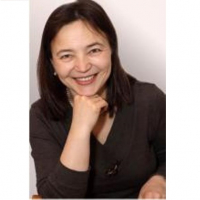
Dear Liliya Eugenevna!
On behalf of the Cochrane Russia team, we sincerely congratulate you on your Anniversary!
We wish you health, happiness, achievement of new professional heights and further success in the development of evidence-based medicine and Cochrane activities in Russia!
We present this Anne Anderson's blog with the participation of Liliya Eugenevna, published on the community.сochrane.org website
The Annual Anne Anderson Walk is a cherished annual social event in Cochrane, where attendees explore the Colloquium host-city by foot with a guide. Donations by participants are made to next year's Anne Anderson Award. Given current COVID-19 circumstances, the Cochrane community will be not be gathering for the Colloquium in 2021. However, we are holding a Virtual Anne Anderson Walk this year...join us as we share our walks from all over the world!
To accompany this Virtual Anne Anderson Walk, each week we will share blogs from women across Cochrane. Over the coming weeks, we will highlight Cochrane womens' accomplishments, honor their experience, and learn from them, while celebrating the breadth and depth of experience they bring to our global community.
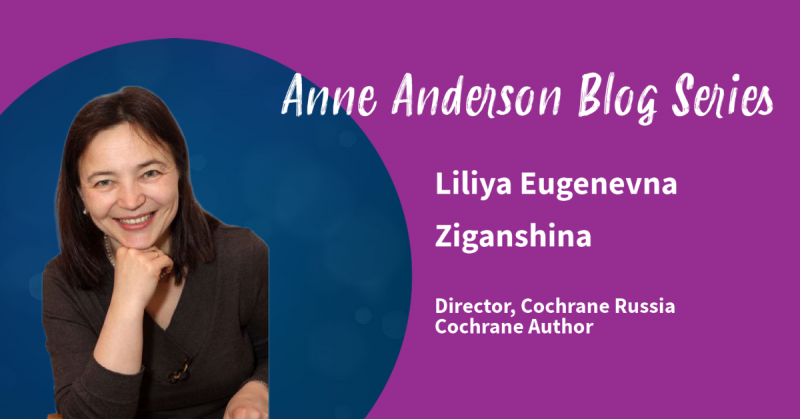
Professor Liliya Eugenevna Ziganshina graduated with a degree in medicine (internal medicine) from the Kazan State Medical University in 1985. This was followed by a PhD in 1988 and a doctorate in 1995 in pharmacology and clinical pharmacology, from the same institution. She graduated with a degree in law (international law) from the University of Management “TISBI”, Kazan, in 2013. Currently, she holds the position of Director of Cochrane Russia. In 2018 professor L.E. Ziganshina joined the European Advisory Committee on Health Research (EACHR). Her work has focused on health priorities-oriented research in clinical pharmacology, drug utilization, economic evaluations and Cochrane reviews. She is also a member of the WHO expert advisory panel on drug evaluation, moderator of the Russian-language electronic discussion forum on essential medicines – E-Lek (since 2003), and Cochrane trainer for the WHO Evidence-informed Policy Network (EVIPNet) Europe (since 2017). She contributed to the establishment of a new home for Cochrane Russia at the Russian Medical Academy for Continuing Professional Education (RMANPO) of the Federal Ministry of Health in Moscow, which became official from April 2021.
What impact has Cochrane had on your career?
Cochrane has had a huge impact on my career, I would say on my life in principle, my understanding of life and work, research and charity values …
I have been with Cochrane since 2003, when my Cochrane life started at the training workshop of Cochrane Infectious Diseases Group led by Professor Paul Garner, which became a life-turning event for me. The most influential concept to me was that starting a Cochrane review is a lifetime commitment. With this commitment to Cochrane, I live all these years.
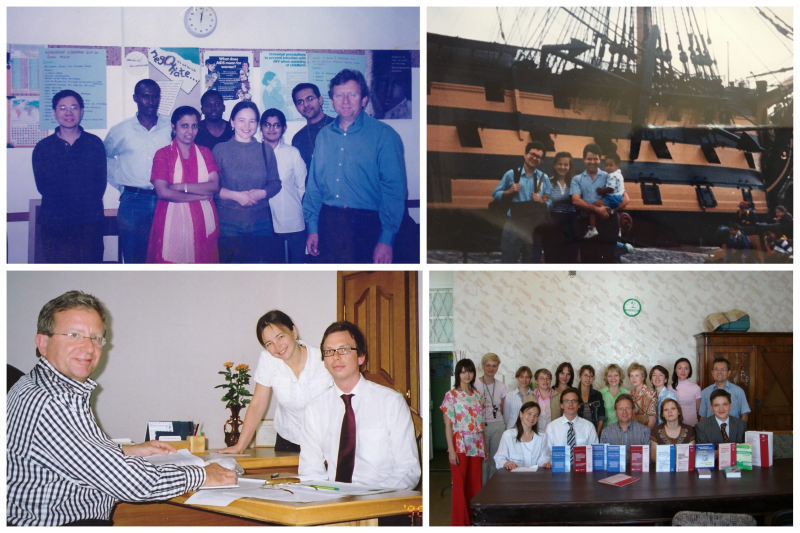
Can you tell us about one of your favourite memories from this time with Cochrane?
There are so many...! Some of my memories go back to the far-away pre-Internet times when I learned about Cochrane at the WHO training workshop on Problem-Based Pharmacotherapy teaching in Groningen in 1997. After the workshop, I started looking for possibilities of getting access to Cochrane Library, and our family friend Dr. William R. Stones, who was a Cochranite, sent and then kept sending through the years from the UK to Russia his floppy disks and then CD-ROMs of Cochrane Library for us to use Cochrane Reviews for selection of Essential medicines for the regional Drug Formulary.
And I will never forget the first-for-me Colloquium in Hyderabad, India, with all the family of Cochrane coming together in one place with a unique fascinating spirit of collaboration and incredibly infectious commitment to health for the global good. And with Beatles music at the closing dinner, we danced to seven sweats.
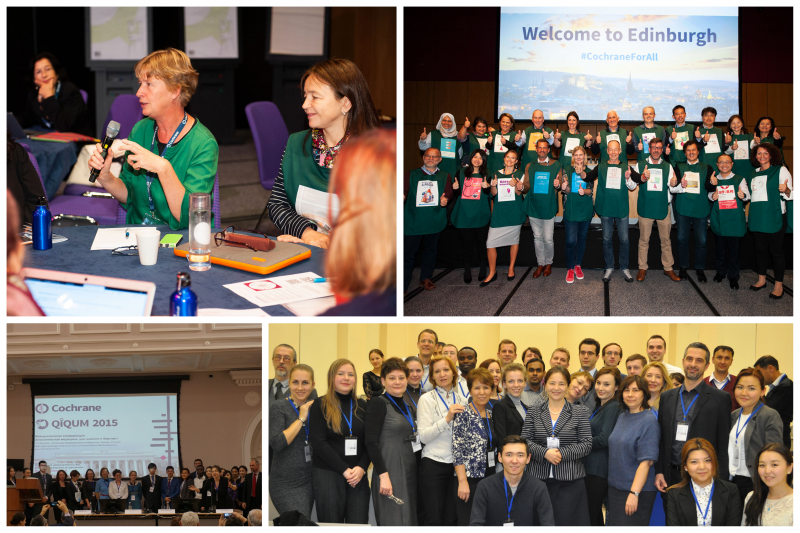
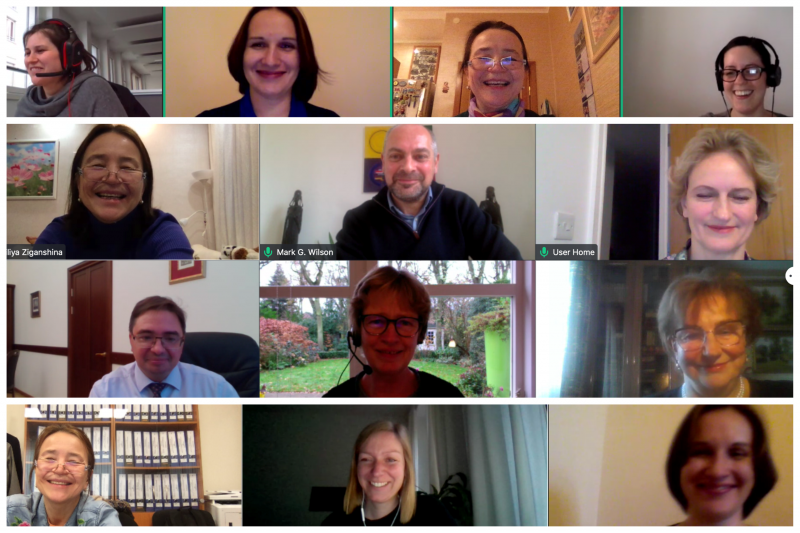
What current challenges and opportunities do you see for women in science?
To be honest, in my experience of working in research I never felt any difficulties because of being a woman. However, when it comes to positions and appointments, at least in our environment, women do have to be much much sturdier and much smarter to have equal opportunities.
What advice do you have for early career women scientists getting involved in the evidence-based medicine/decision-making community?
Keep strong and keep going and never give up!
Any other comments you would like to include?
My heartfelt thanks to all my dear colleagues both at Cochrane and at the WHO, who enlighten, inspire, empower, support, share and shape my work and me through many happy years at Cochrane!
